There have been four baronetcies created for persons with the surname Leslie, one in the Baronetage of Nova Scotia, one in the Baronetage of Ireland, one in the Baronetage of Great Britain and one in the Baronetage of the United Kingdom. Three of the creations are extant as of 2010.
Nineteen baronetcies have been created for persons with the surname Hamilton, eight in the Baronetage of Nova Scotia, one in the Baronetage of England, five in the Baronetage of Ireland, one in the Baronetage of Great Britain and four in the Baronetage of the United Kingdom. As of 2008 two creations are extant, two are dormant, two are either extinct or dormant and twelve extinct.
There have been three baronetcies created for persons with the surname Bernard, one in the Baronetage of England, one in the Baronetage of Great Britain and one in the Baronetage of the United Kingdom. Two of the creations are extinct and one is extant.

The Chaytor family is an English gentry family on which has been conferred two baronetcies, one in the Baronetage of England and one in the Baronetage of the United Kingdom and several knighthoods. As of 2008 one baronetcy is extinct.

There have been three baronetcies created for persons with the surname Chapman, one in the Baronetage of Great Britain, one in the Baronetage of Ireland and one in the Baronetage of the United Kingdom. Two of the creations are extinct while one is extant.
There have been three baronetcies created for persons with the surname Bellingham, one in the Baronetage of England, one in the Baronetage of Ireland and one in the Baronetage of Great Britain. As of 2014 one creation is extant.
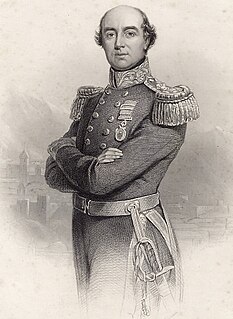
There have been twenty baronetcies created for persons with the surname Williams, eight in the Baronetage of England, three in the Baronetage of Great Britain and nine in the Baronetage of the United Kingdom. Only five of the creations are extant as of 2017..
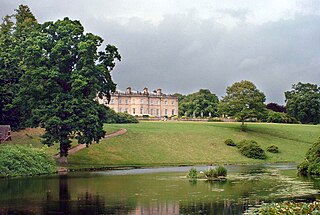
There have been four baronetcies created for persons with the surname Miller, two in the Baronetage of England, one in the Baronetage of Great Britain and one in the Baronetage of the United Kingdom. Two of the creations are extant as of 2008.
There have been eight baronetcies created for persons with the surname Jackson, one in the Baronetage of England, one in the Baronetage of Great Britain and six in the Baronetage of the United Kingdom. As of 2014 four of the creations are extant.
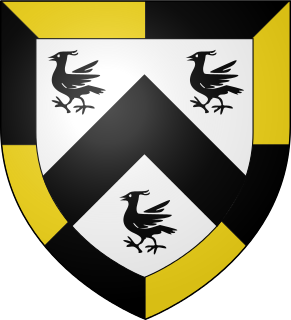
There have been seven baronetcies created for persons with the surname Russell, three in the Baronetage of England and four in the Baronetage of the United Kingdom.
There have been two Ritchie baronetcies created in the Baronetage of the United Kingdom for members of the Ritchie family. Both creations are extinct.
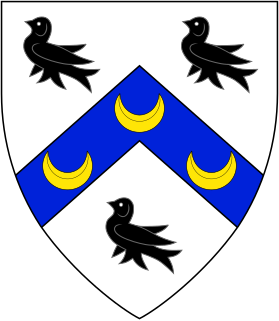
There have been seven baronetcies created for persons with the surname Watson, one in the Baronetage of England, one in the Baronetage of Great Britain and five in the Baronetage of the United Kingdom. One creation is extant as of 2016.

The Pigot Baronetcy, of Patshull Hall in the County of Stafford, is a title in the Baronetage of Great Britain. It was created on 5 December 1764 for the politician and colonial administrator George Pigot, with remainder to his brothers General Robert Pigot and Admiral Hugh Pigot, and remains extant. On 19 January 1766 Pigot was further honoured when he was raised to the Peerage of Ireland as Baron Pigot, with normal remainder to the heirs male of his body. Lord Pigot was unmarried and on his death in 1777 the barony became extinct. He was succeeded in the baronetcy according to the special remainder by his brother, Robert, the second Baronet. He was a distinguished soldier.
There have been three baronetcies created for people with the surname Riddell, one in the Baronetage of Nova Scotia, one in the Baronetage of Great Britain and one in the Baronetage of the United Kingdom. As of 2014 one creation is extant.
There have been four baronetcies created for members of the Thorold family of Lincolnshire, two in the Baronetage of England and two in the Baronetage of Great Britain. As of 2014 one creation is extant.
There have been three baronetcies created for members of the Ogilvy family, all in the Baronetage of Nova Scotia. As of 2008 one creation is extant while two are either extinct or dormant.
There have been six baronetcies created for persons with the surname Price, one each in the baronetages of England and of Great Britain and four in the baronetage of the United Kingdom. Two of the creations were extant as of 2008.
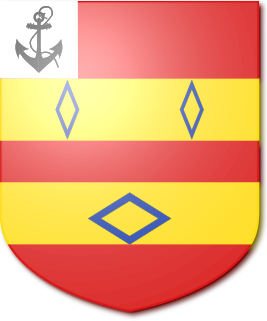
The Geary Baronetcy, of Oxenheath in the County of Kent, was a title in the Baronetage of Great Britain. It was created on 17 August 1782 for Francis Geary, an admiral in the Royal Navy. His eldest son and heir, also called Francis Geary, fought in the American War of Independence and was killed in an ambush in 1776. The baronetcy therefore passed directly to Admiral Geary's second son, Sir William Geary, who served as Member of Parliament for Kent between 1796 and 1806, and again between 1812 and 1818. The third Baronet, Sir William Geary, served as MP for a successor constituency, West Kent, from 1835 until 1838. The baronetcy became extinct on the death of the fifth Baronet, Sir William Geary, in 1944.

The Vane-Fletcher, later Fletcher-Vane Baronetcy, of Hutton-in-the-Forest in the County of Cumberland, was a title in the Baronetage of Great Britain. It was created on 27 June 1786 for Lionel Vane-Fletcher. His son, the second Baronet, was a Member of Parliament for Winchelsea and Carlisle. He assumed the surname of Fletcher-Vane in lieu of Vane-Fletcher. The fifth Baronet was involved in the Scouting movement. The title became extinct on his death in 1934.
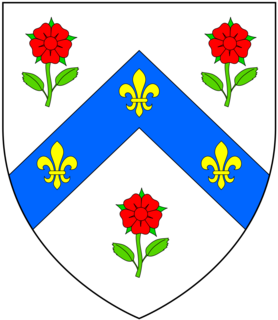
There have been four baronetcies created for persons with the surname Cope.










